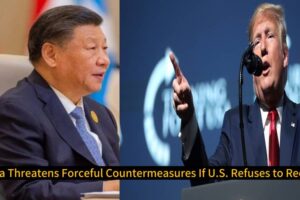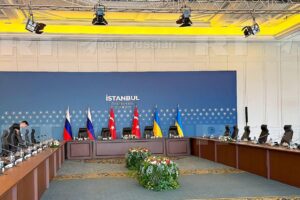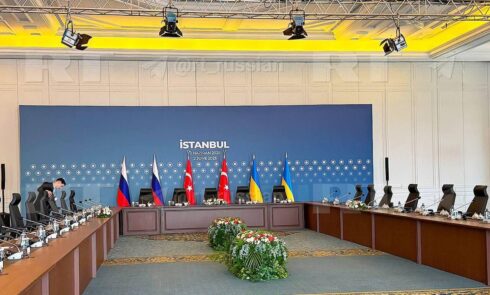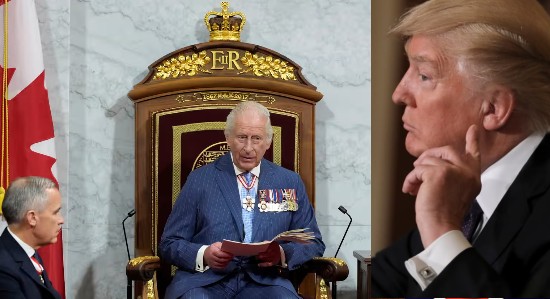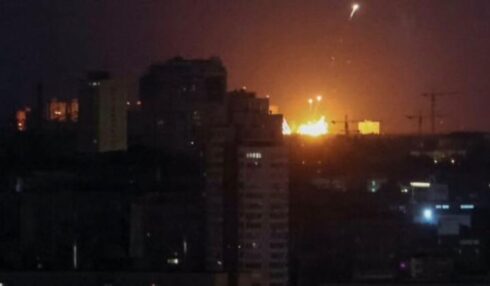In a dramatic turn of events, Russian and Ukrainian delegations have arrived in Istanbul for a second round of peace talks—just hours after launching some of the most significant overnight attacks seen in recent months. The backdrop to the discussions at Istanbul’s Ciragan Palace is one of continued bloodshed and strategic posturing.
On Sunday, Kyiv launched a massive drone offensive targeting military installations deep inside Russia. Ukrainian officials claim the operation resulted in the destruction of at least 13 Russian warplanes, in what President Volodymyr Zelensky hailed as “an absolutely brilliant result.” This strike followed Moscow’s largest-ever aerial assault on Ukrainian cities the night before, which left regions like Kharkiv and Donetsk reeling.
Despite the violence, both delegations are now seated at the negotiating table—likely pressured by international actors, most notably U.S. President Donald Trump, who is eager to present the meeting itself as a diplomatic victory.
Little Hope for Breakthrough Despite High Stakes
The mood around the Istanbul talks is far from optimistic. The earlier round of talks last month produced only a single outcome: a prisoner swap involving 1,000 captives. No meaningful progress was made on a ceasefire or political settlement.
Russia has yet to present any formal document outlining its terms, and Ukrainian proposals reportedly leaked ahead of the meeting are unlikely to meet Moscow’s demands. Kremlin officials have previously called for the recognition of Russian control over occupied Ukrainian territory and restrictions on Ukraine’s military—a stance Kyiv has outright rejected.
Ukraine’s top diplomats coordinated with their counterparts from Germany, Italy, and the UK ahead of the Istanbul meeting, reiterating demands for a full ceasefire and a leader-level summit. However, few on either side believe today’s meeting will achieve more than symbolic progress.
Drone Warfare Escalates as Talks Begin
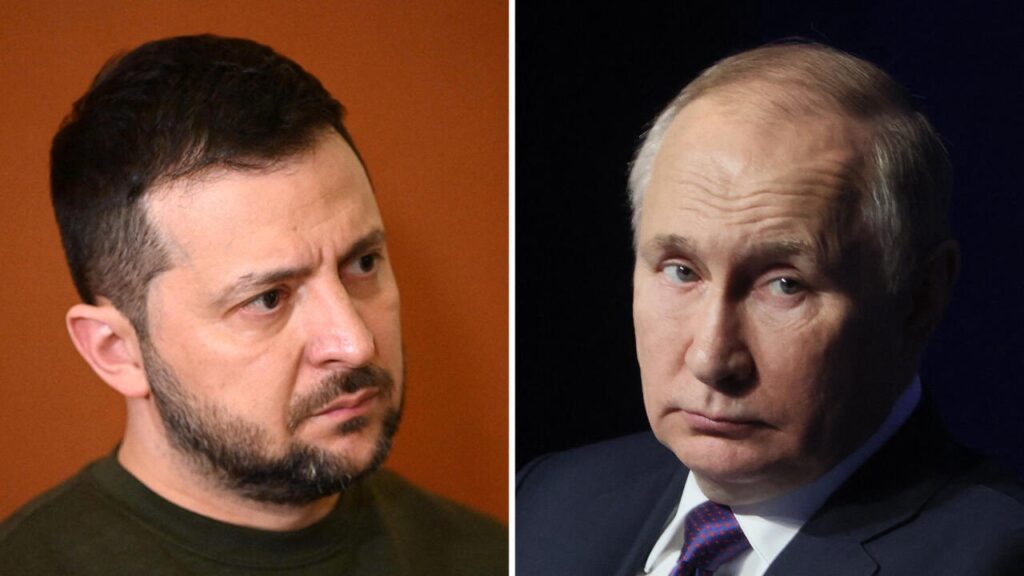
Military escalation on the eve of diplomacy is a now-familiar tactic in this protracted conflict. Ukraine’s drone offensive, dubbed “Operation Spider’s Web,” targeted more than 40 Russian bombers, reportedly crippling Russia’s strategic aviation capabilities. Meanwhile, Moscow claimed to have intercepted over 160 drones launched at Russian regions including Kursk, Belgorod, and Lipetsk.
These strikes appear aimed at gaining leverage ahead of negotiations, signaling to both the Russian delegation and international observers that Ukraine remains defiant and capable of inflicting serious damage. In contrast, Russian strikes on Ukrainian urban centers continue to sow destruction, with casualties reported in cities like Kherson.
Observers note that such escalations are indicative of both sides seeking to negotiate from a position of strength—rather than an earnest desire for compromise.
Symbolism and Strategy in Istanbul
The scale and composition of each delegation speak volumes. The Ukrainian team, which arrived in a notably larger convoy than its Russian counterpart, included several men in military uniform—an unmistakable message about the war’s ongoing reality. The talks are being facilitated by Turkish officials, with Foreign Minister Hakan Fidan chairing the session and MIT Director Ibrahim Kalin also present.
Notably, the U.S. appears to be playing a backchannel role. Russia confirmed that Foreign Minister Sergei Lavrov spoke to U.S. Secretary of State Marco Rubio the previous day about initiatives to resolve the crisis. Moscow claims it is prepared to submit a memorandum addressing the “root causes” of the conflict, though details remain scant.
Behind the scenes, both Kyiv and Moscow are aware of the geopolitical stakes. Ukraine needs continued Western military support, especially from Washington. Meanwhile, Russia may see participation in talks as a way to curry favor with the Trump administration and potentially ease sanctions.
Zelensky Sees ‘Real Opportunity’ But Warns Russia Must Feel Losses
Speaking from Vilnius, Lithuania, President Zelensky called the current moment a “real opportunity to try to end the war.” Addressing NATO’s eastern and Nordic leaders, he emphasized that Russia is only coming to the negotiating table due to mounting military pressure.
“Our Operation Spider’s Web proved that we have better tactical solutions,” he said. “Russia must feel what its losses mean. That is what will push it towards diplomacy.”
Zelensky reiterated his gratitude for Western investment in weapons production, stating that both Europe and America “have better weapons than Russia.” His remarks underscore a fundamental belief within Ukraine’s leadership: meaningful negotiations are only possible from a position of strength.
As talks continue behind closed doors in Istanbul, the world watches closely. The stakes are enormous—but for now, a peaceful breakthrough remains elusive. Both nations appear locked in a grim cycle of violence, diplomacy, and strategic maneuvering. The Istanbul talks may not end the war, but they are yet another chapter in its complex, high-stakes narrative.









